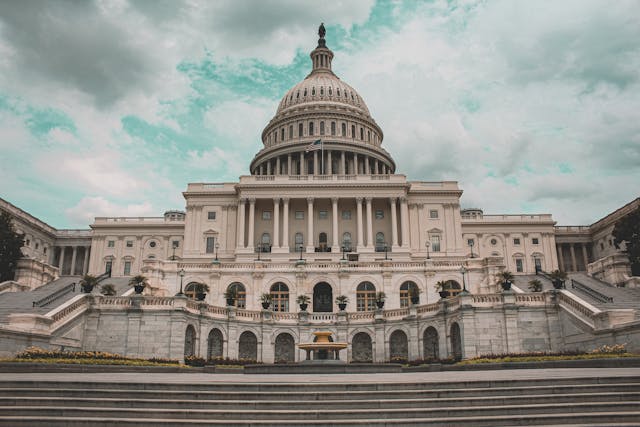On January 24, 2025, the Acting Administrator of the General Services Administration (GSA) released a Memorandum entitled “Acquisition Pause.” Generally, the Memorandum suspends all “GSA-funded” contracting actions, including new awards, task and delivery orders, modifications, and options. Several categories of contracting actions were exempted from the suspension, including emergency actions and essential services.
The stated intent of the Memorandum is to allow new GSA leadership to assess current government contracting actions and approve them on a case-by-case basis. This review is likely to ensure that any outstanding contracting actions are not contrary to any of the Executive Orders issued by the current administration.
Clients are advised that it is likely that this suspension will create delays in GSA contracting actions, to include awards of new contracts, modifications of existing contracts, and administrative contracting actions like extensions, notices to proceed, and exercising options. GSA contractors should assess their current projects to identify whether any of the listed exceptions apply. For contracting actions that are in process, clients should ensure that their deliverables and documentation are complete to avoid any back-and-forth with the agency that could further delay completion. Additionally, GSA contractors should maintain open lines of communication with their CORs and other agency contacts to ensure they are getting the most up-to-date information and any clarifications as to the Memorandum’s applicability and effects.
If you are a GSA contractor and have not been notified by GSA to stop or change their work, then it is important to proceed as normal under the contract unless and until you are instructed otherwise.
Overall, contractors should prepare for delays and do their best to mitigate any negative impacts that may result.
The Scale team is actively monitoring this and other government actions affecting contractors and will provide updates as the situation evolves. We anticipate that additional guidance will be issued by GSA in the coming days as more is learned about the specific contracting actions the Memorandum is intended to affect, and ambiguities are resolved. Please do not hesitate to reach out if you have any questions or concerns.


















.svg)
